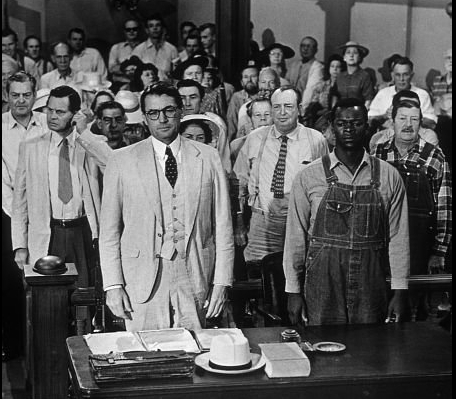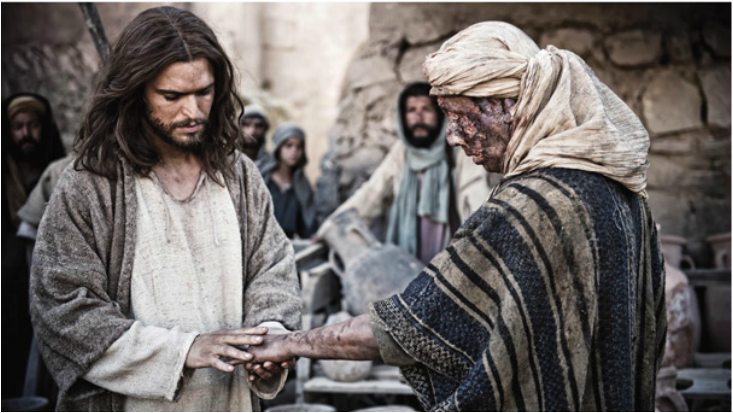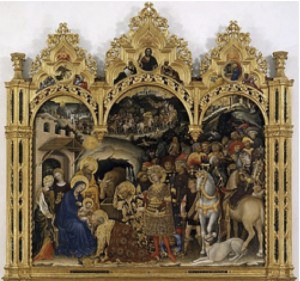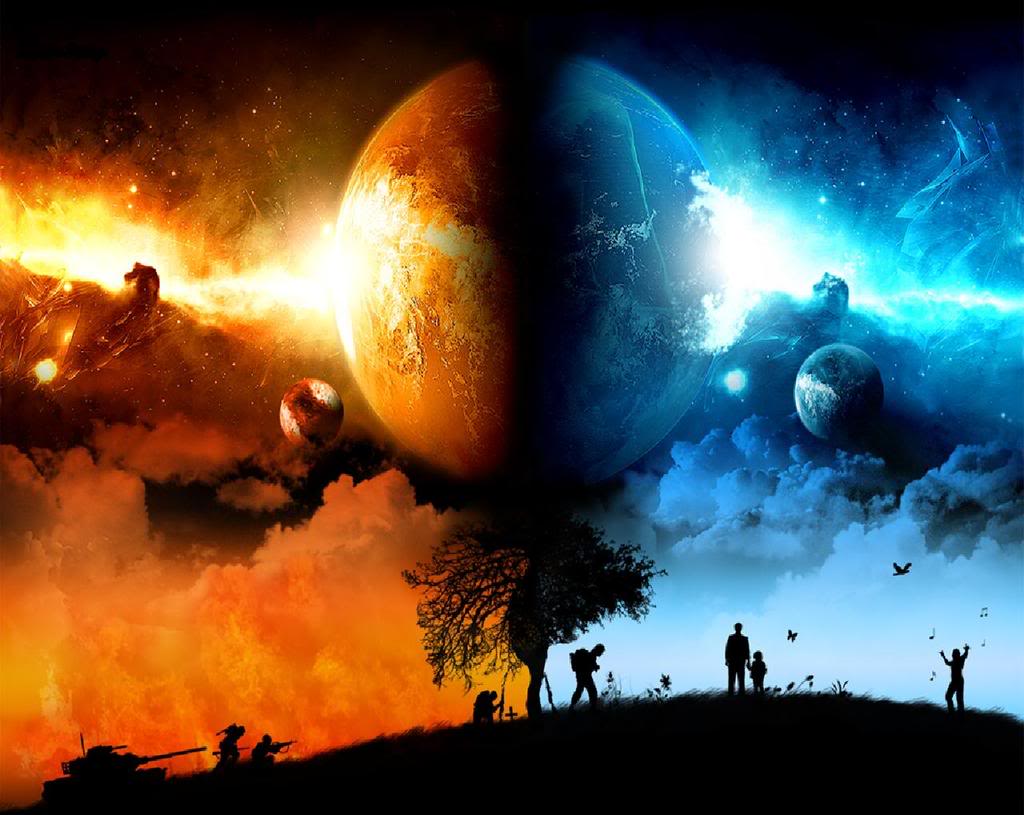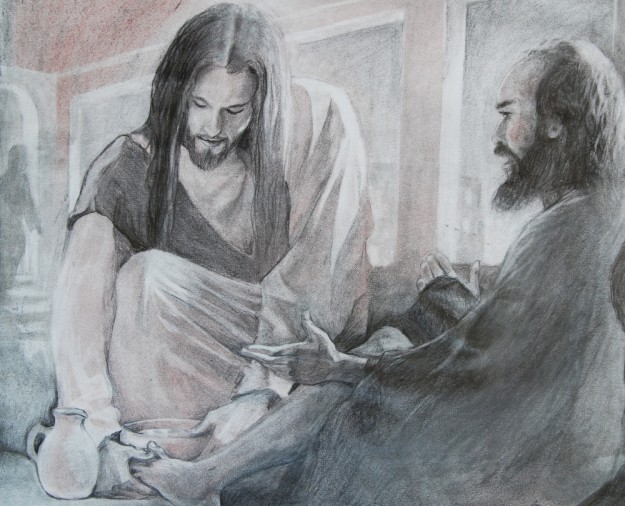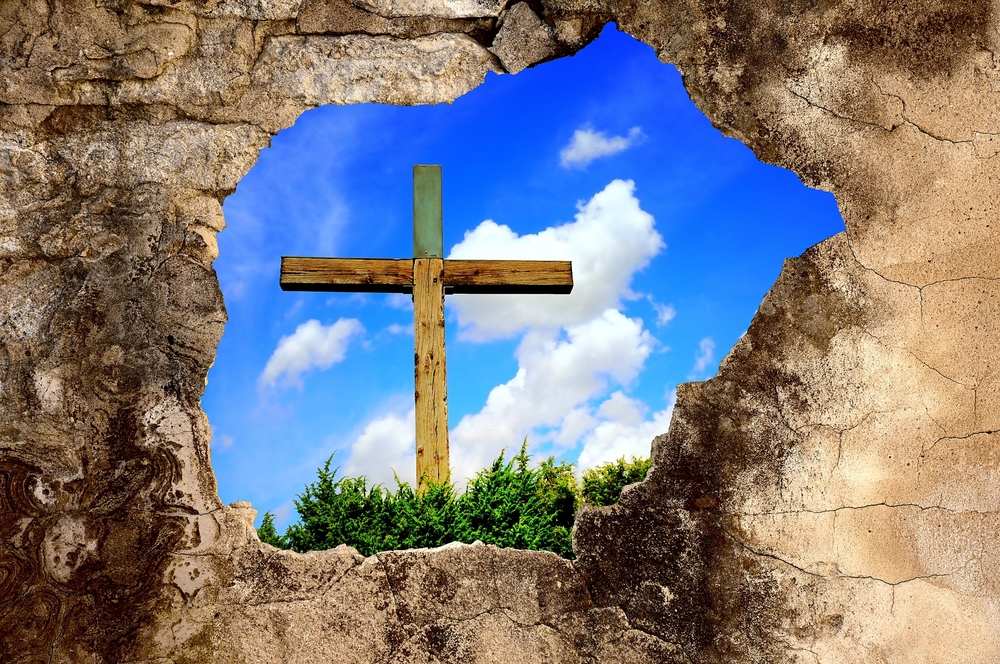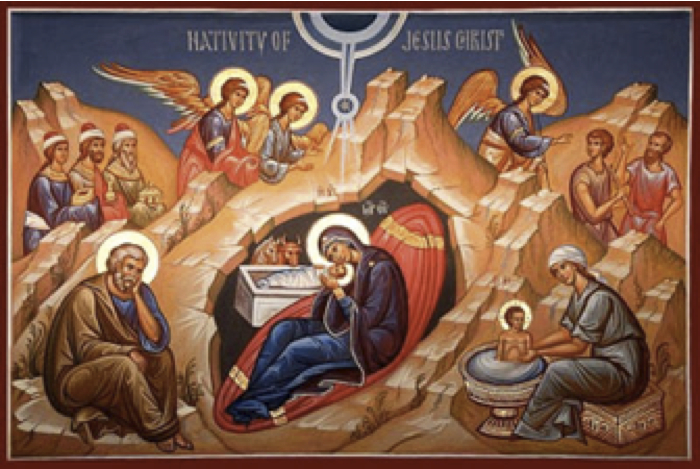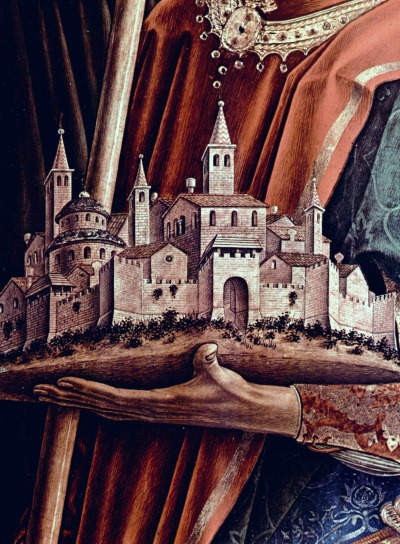The Brief Observance of a Holy Nativity
Even non-theists and progressive Christian types love to sing Christmas carols. And, as the British atheist, Alain de Botton, once said, "Religions are intermittently too useful, effective and intelligent to be abandoned to the religious alone." The annual observance of one holy nativity is the perennial reminder to respect and beatify the dignity and sacredness of every birth, everywhere.
In this article, I would like to point out 3 crucial problems that arise when one begins with “plain truths” about the book rather than the Christ, the Logos, the “structuring principle of reality.” (John 1:1–5)
When the Reason for the Season Goes Missing
This is the season Christian faith communities of every sort prepare in one way or another to observe the nativity of something deemed to be holy and salvific. We recall ancient prophecies that foretell a “prince of peace, and wonderful counselor” comes around each year with a message to save us from ourselves. (Isaiah 9:6) Once born into a world of violence and terror not unlike our own, the message remains unchanged. Regrettably, so too has been the obstinate ways in which we have collectively refused to live with one another in response to that message.
Racism, the Imbalance of Power, and the Response of the Prophetic Voice
The literary world is in an uproar, learning that a prequel to Harper Lee's great American novel, "To Kill a Mockingbird," depicts the beloved Atticus Finch as a southern white racist. Is it possible that, like the fictional character, we can ever evolve and change?
Civilization defines justice as retribution – payback; an eye for an eye. But the deeper meaning of justice is distributive: the rain falls on the good, the bad, and the ugly without partiality. Civilization does not use that definition except in cases where there is clearly injustice if partiality enters the picture.
The challenge for a progressive Christian who has moved beyond such notions as virgin births and gods disguised in human form come to save us from ourselves is to remember that it is as much a historical development, as it is a theological one. That is, the attribution of a “Christ” title accorded a very human Jesus constitutes the imaginations -- if not machinations -- of an early Church; consisting of very human, second-generation followers of a 1st century Galilean peasant sage and itinerant preacher. And who all but drowned out the authentic voice of the one who was once born and dwelt among humankind. Such an assertion is simply based on the fact the historical Jesus never self-identified as the “anointed one,” the Christ. As such, if one were to remove the Christ-title from the various birth narratives of those secondary traditions of this religious movement, what would remain of the “Christmas story” that has become as prevalently assumed, as it has been unexamined? If we took the Christ out of Christmas, what might remain of the voice of one who was born and dwelt among us? You can read more here.
Hebrew Scripture’s View of Life after Death It wasn’t until after the Babylonian Exile that the Pharisees accepted the idea of heaven and
For Christians grace is God’s gift of pardon. According to William Barclay the Greek word for grace was originally a military term. When an emperor came to the throne or celebrated a birthday, he would give his troops a donatirim (donation), which was a free gift that they had not earned; it was given out of the goodness of the emperor’s heart. This idea was picked up by the Christian scripture writers when they wrote about the grace of God. Grace is something that is unearned and undeserved – unmerited pardon.
Eschatology is the study of last things, the final events in history, the ultimate destiny of humanity, the end of the world. Major issues in eschatology include the rapture, the second coming of Jesus, the tribulation, Millennialism, and the last judgment. Most of the Christian books I have read do not seriously concern themselves with eschatology, but the Left Behind series of books made it a popular topic. All twelve novels in the series made the New York Times bestselling fiction list – note: the fiction list. Prior to the Left Behind novels of the 1990s, Hal Lindsey’s 1970s bestselling books, including The Late Great Planet Earth, were also bestsellers.
One of the most reliable facts concerning Jesus is that he was crucified during the reign and by the action of the Roman procurator, Pontius Pilate, who served by appointment of the Caesar from 26-36 CE. The Roman senator and historian Tacitus referred to Jesus’ execution by Pilate in his Annals, which was written circa 116 CE. Beyond that, however, there is not much historical evidence.
But what our guide told us next has stayed in my memory for the almost twenty years since my visit. With a shrug of his shoulders he explained, “Well, we need a site. An important event—we need to have a site. Do we know exactly where it happened? No. But we must have a site so that we can remember.”
Most people assume that the Bible is filled with stories of supernatural happenings and miraculous interventions. The accounts of miracles in the Bible are generally limited to three cycles of stories: the Moses-Joshua cycle in the Torah, the Elijah-Elisha stories that are recorded between I Kings 17 and II Kings 13, and the Jesus-Disciples of Jesus stories that are found in the four gospels. There is an occasional supernatural tale in other parts of the Bible, but these are the only areas where they are concentrated. Our concentration is primarily on the miracles that are attributed to Jesus in the gospels. The reported supernatural deeds performed by Jesus during his ministry can be categorized into four groups: cures, exorcisms, raising the dead, and nature control. Interestingly, each type of miracle that is attributed to Jesus in the gospels also occurred in the Moses-Joshua and Elijah-Elisha stories.
In Matthew’s midrash of Isaiah’s prophecy, Jesus tours all over Galilee, teaching in the synagogues, curing all kinds of diseases, and proclaiming that God’s kingdom has come. The verses in Chapter 4 selected by the creators of the Revised Common Lectionary for the third Sunday after the Epiphany are the preface to Matthew 5:1 through 7:29, the great Sermon on the Mount. Jesus walks by the Sea of Galilee, and invites his disciples to leave their nets and become “fishers for people,” traditionally interpreted to mean saving souls from hell. But John Dominic Crossan, points out that Jesus could have brought his message anywhere in Roman occupied Judea. Why Galilee? Why Capernaum?
On the First Sunday of the Advent season this year – for those Christian faith communities that observe a liturgical calendar -- the traditional four weeks of waiting on the tiptoe of expectation only lasted until 1:37 PM that afternoon for our family; when my own daughter gave birth to her first-born child.
"Voting is irrational." This jarring statement comes from Paul Woodruff, professor of philosophy at the University of Texas in Austin, in his wise book, REVERENCE: Renewing a Forgotten Virtue. Paul came to USC a few months ago, hosted by my office, to give a series of talks. He's a person who emanates the virtue that he teaches, speaking with a calm, reflective demeanor. Woodruff posits that unless we understand voting as a ritual, we'll miss the point of it, and continue to see a decline in voter participation.
A Reflection for Twelfth Night and the Epiphany Season
The journey of the magi, and their adoration on bended knee before a newborn peasant who presumably comes to subordinate the Herod’s of this world is a quaint and fanciful tale. But this year, the real exchange of gifts in the City of Angels was a modern day epiphany that suggest we might indeed still find for ourselves new, authentic life in such an otherwise arcane myth. Now the question is whether the meaning and message of Epiphany season will truly shed new light in the bleak midwinter of our discontent.
Jerusalem, Now and When?
Why would a Jewish American doctor risk serving the medical needs of Palestinian children in the occupied territories of the West Bank?
"….seek justice, correct oppression; defend the fatherless, plead for the widow." (Isaiah 1: 17) Here's how I translate this biblical urging into the
Pentecost is perhaps the first festival appropriated from an ancient tradition to serve the purposes of the new Christian Way.
What impudence of these two upstart fishermen to demand anything of God! These two brothers went to Jesus, not so much with a question or a petition or a prayer, but they went with a demand: "we want you to do for us whatever we ask."
Sea Raven details how the Gosepl of Jesus relates to the current debate over worker's rights.




